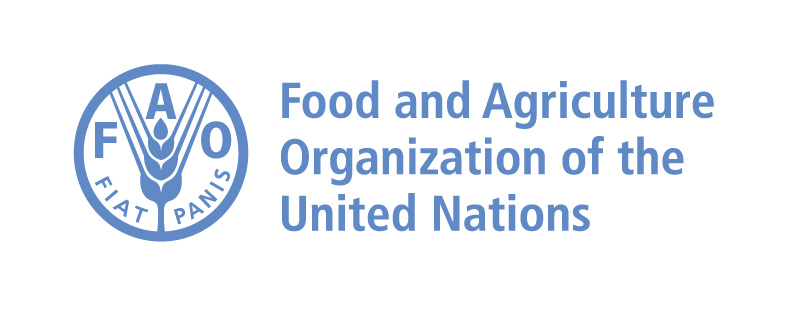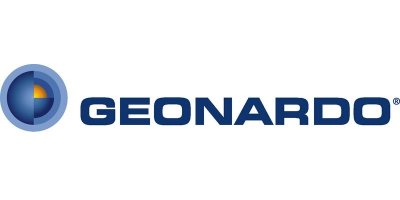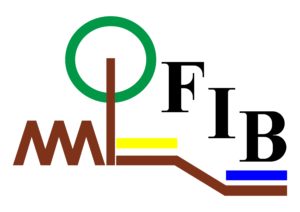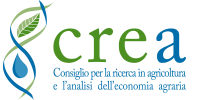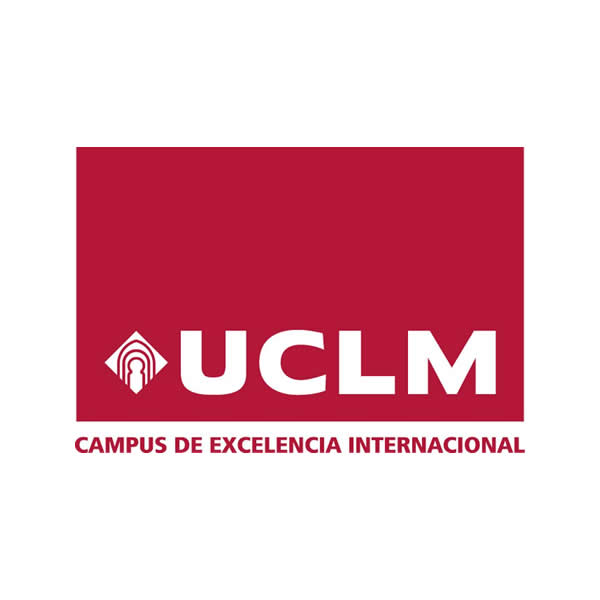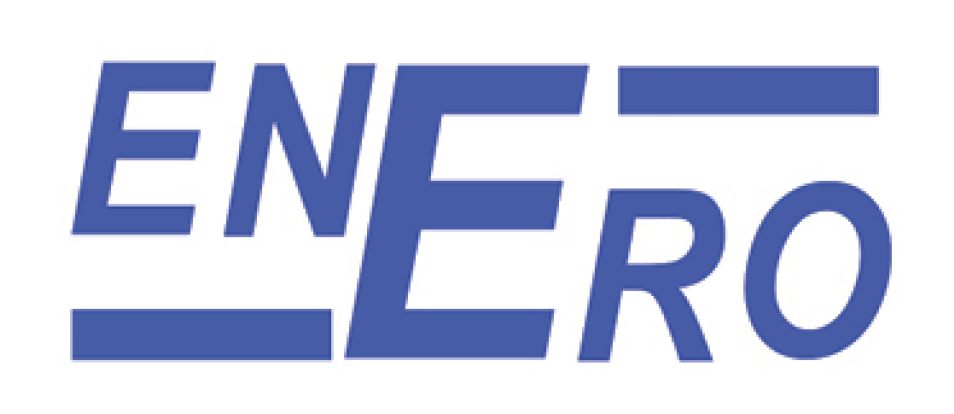BIOPLAT-EU
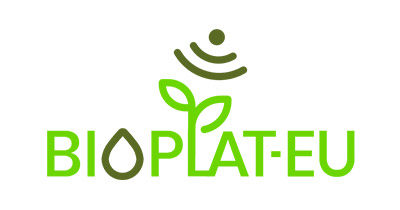
Project BIOPLAT-EU: Promoting sustainable use of underutilized lands for bioenergy production through a web-based platform for Europe
Financing: European Union’s H2020-LCE research and innovation programme under grant agreement №818083
Overall objective: to promote the market uptake of sustainable bioenergy in Europe using marginal, underutilized, and contaminated lands (MUC) for non-food biomass production through the provision of a web-based platform that serves as decision support tool.
Target countries which will be mapped: EU member states and Neighbouring countries (including Ukraine).
Scientific Engineering Centre “Biomass” (SECB) is one of the BIOPLAT-EU participants. SECB is co-founder and has been a Full Member of Bioenergy Association of Ukraine for 6 years.
Follow BIOPLAT-EU Project through the official BIOPLAT-EU project website and SEC “Biomass” website.
List of participants
BIOPLAT-EU project has strong connections with previous EU-funded projects, among which FORBIO project (SEC Biomass was one of the Project participants).
Project objectives:
- Creation of a database of maps of MUC in Europe that will be generated based on high resolution data (Copernicus high resolution layers (HRLs), time series data from Sentinels and other satellites) and their attributes. The database will be a compilation of results from other EU and international projects which have produced valuable maps, tools and information addressing sustainable bioenergy production on MUC lands and data compiled by the consortium from governments, public and private partners throughout the project to complete the gaps. All generated data will be included in GIS software with INSPIRE-compliant metadata files attached and transferred to a dedicated online platform.
- Development of a public user-friendly tool (STEN: Sustainability Tool for Europe and Neighbouring countries) that will assess the environmental, social and techno-economic sustainability aspects of scenarios and value chains with respect to specific economic and noneconomic conditions (technical feasibility of RES project) for bioenergy production on MUC land. The tool will allow any stakeholder to search for MUC lands in Europe at a sub-national level. It will give the user some specifications about these lands such as agronomic and climatic specifications and consequently what type of biomass can be planted on these lands. The tool will then allow assessing the environmental, social and techno-economic sustainability aspects of the defined value chain if the user enters the required data specified in the tool.
- Development of a web-based platform that will include mainly, a webGIS tool which will be composed of the STEN tool and the GIS maps in addition to the project website where information about the project will be included. The platform will be a core source of information and utility related to this topic for stakeholders as all the existing data will be downloadable for free. Furthermore, the platform will be interactive as there will be a help desk section where the user can address questions to the experts of the BIOPLAT-EU project.
- Mobilisation and involvement of stakeholders. In order to support the establishment of bioenergy value chains, it is important to inform stakeholders (farmers, public and private landowners, bioenergy industries, local authorities, investorsetc.) about the opportunity of using MUC lands for sustainable energy production and to gather all actors to discuss the actual needs for the development of sustainable bioenergy projects on these lands. With the help of the tools developed in BIOPLAT-EU and demonstrating its use on specific case studies, the project will have solid and practical material to be shared with the stakeholders during working groups and workshops to encourage them to start their own projects.
- Communication with authorities on how to remove legal or political market uptake barriers. In addition to taking part in the activities with the other stakeholders, an important objective is to communicate directly with local and regional authorities as they are responsible for the decision-making process which is often crucial for the further development of bioenergy value chains. This shall be accomplished by presenting and discussing the project activities and results to local and regional authorities on the occasion of their usual meetings.
- Provision of technical support to stakeholders on aspects linked to biomass production and processing, market access, management and access to finance, etc. Other important barriers which could hinder the uptake of bioenergy projects include on one hand, the demand for bioenergy feedstock (i.e. the availability of market or industries that purchase the biomass to transform it to bioenergy), and on the other hand, such projects need investments to be realised. Therefore, one objective of the project will be to link biomass producers and processors with investors and to guide them on how to make their projects bankable.
Additional information about BIOPLAT-EU project You can view on the official BIOPLAT-EU project website.
Contact person in Ukraine: Oleksandra Tryboi (tryboi@secbiomass.com)
 | This webpage reflects only the author’s view and that the European Commission is not responsible for any use that may be made of the information it contains. |

